New Delhi: The Election Commission and the Ministry of Education recently signed a Memorandum of Understanding (MoU) with the aim of combating voter apathy among young Indians. The agreement aims to introduce electoral literacy into classrooms throughout the country.
As per the MoU, the National Council of Educational Research and Training (NCERT) will integrate electoral literacy content into textbooks and recommend that State Education Boards and other educational bodies follow suit.
The goal of the MoU is to incorporate voter education and electoral literacy into the school curriculum, starting from classes 6 to 12 in all schools. This integration will extend to colleges and universities, tailored to various disciplines and credited accordingly.
The Ministry of Education stated, “School and College students will soon learn about their future role and duties as voters in the election process, as part of the curricular and extra-curricular interventions in educational institutions.”
This collaboration also extends the Election Commission of India’s Systematic Voters’ Education and Electoral Participation (SVEEP) program to schools and colleges. The MoU marks the establishment of an institutional framework for the formal inclusion of electoral literacy in the education system.
This framework covers structured curricular, co-curricular, and extracurricular activities, all geared towards preparing new and future voters for increased electoral participation and strengthening democracy. It is important to engage young minds and educate them about the value of their vote in every election.
Despite the Election Commission’s successful management of elections with increasing participation, there remains a concern that a significant portion of electors (297 million out of 910 million) did not cast their votes in the 2019 General Election to Lok Sabha, with a voting percentage of 67.4%. The Commission sees this as a challenge to address.
This collaboration seeks to empower young people by bridging the knowledge gap among youth and first-time voters. India’s youthful population could potentially become disengaged from the electoral process, which could have substantial consequences for the functioning of a healthy democracy.
The MoU’s long-term vision is to instil electoral literacy in young people through educational institutions, addressing urban and youth apathy, and ultimately leading to higher electoral participation in future general elections.
The document emphasises the training of teachers to effectively impart electoral literacy in classrooms, the establishment of Electoral Literacy Clubs (ELCs) in schools and colleges, and the promotion of various activities to raise voter awareness among students.
It also aims to develop a robust mechanism to provide voter ID cards to every student immediately upon turning 18, in line with the aspirational goal of the Election Commission.




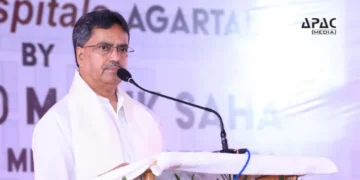


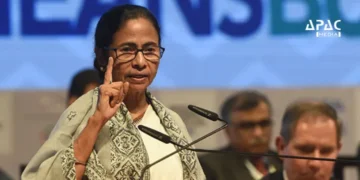







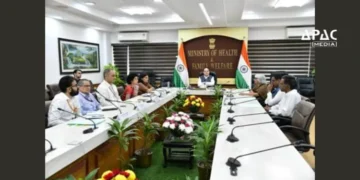


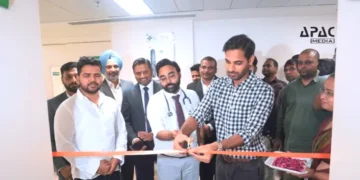



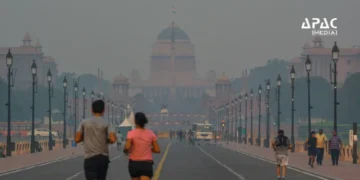


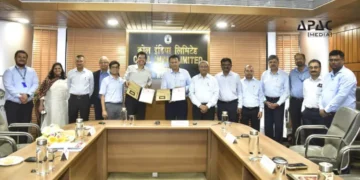
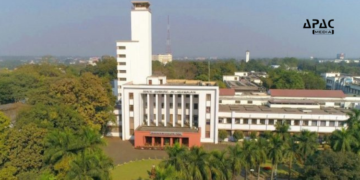
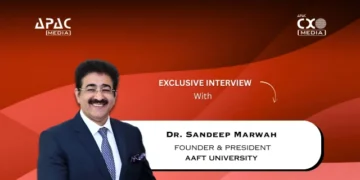


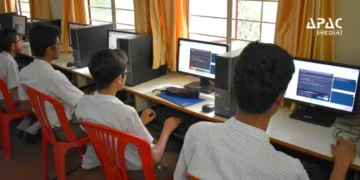
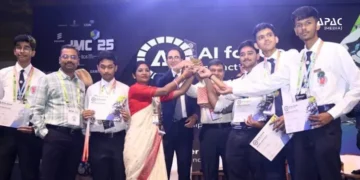
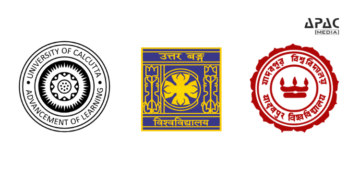
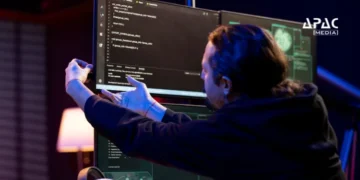
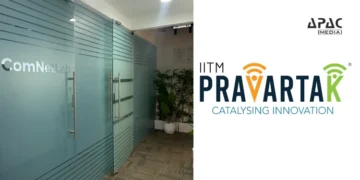




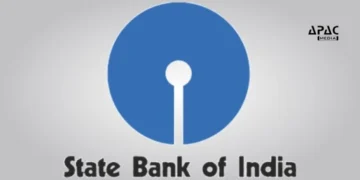



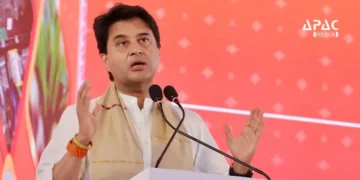
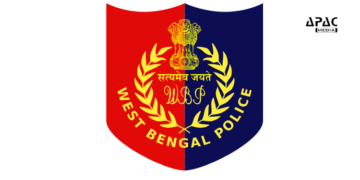
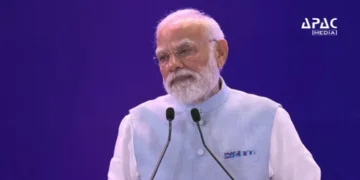

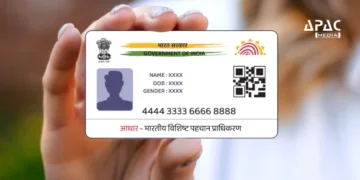


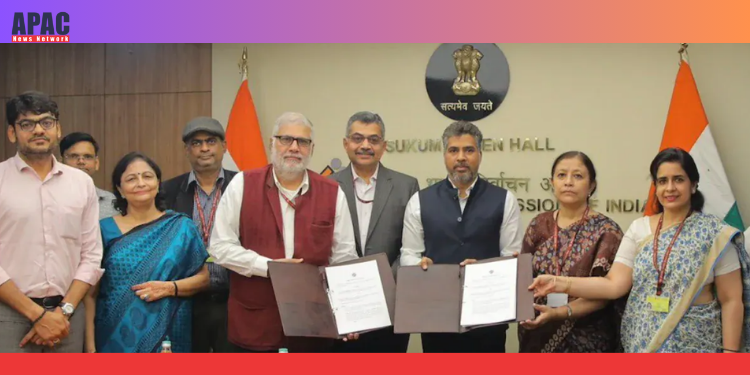





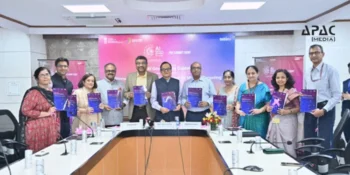












Discussion about this post